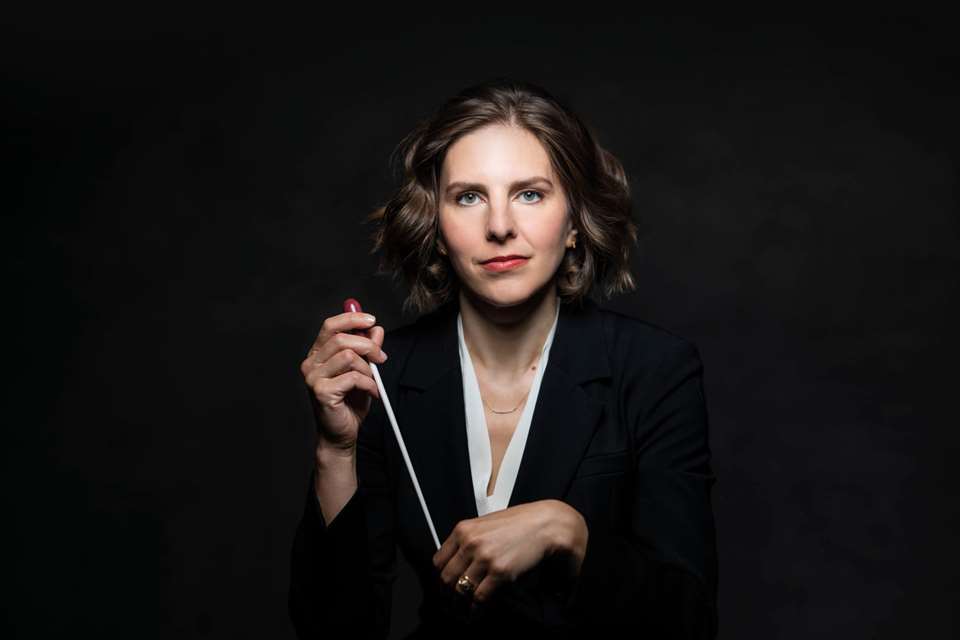Bizet: Carmen at the Royal Opera House | Live Review
Leah Broad
Monday, April 8, 2024
'Michieletto and his team have created a perfect twenty-first century Carmen'
Register now to continue reading
This article is from Opera Now. Register today to enjoy our dedicated coverage of the world of opera, including:
- Free access to 3 subscriber-only articles per month
- Unlimited access to Opera Now's news pages
- Monthly newsletter









